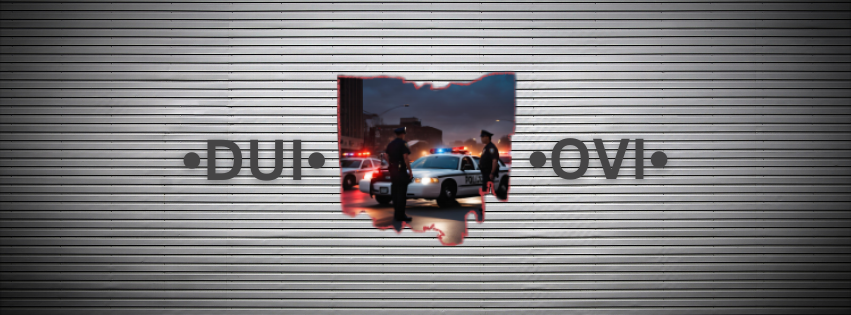Marijuana Reinvestment and Expungement Act
Marijuana users may have experienced some excitement recently as a bill decriminalizing marijuana passed the United States House of Representatives known as the Marijuana Opportunity Reinvestment and Expungement (MORE) Act of 2019. Regardless of the way this news may sound, it is important to realize that marijuana has by no means been decriminalized simply because the bill passed the House. Marijuana remains illegal and a schedule I substance according to Federal Law.
For the MORE Act to officially go into effect, the Senate would have to approve the bill as well as the House. The current federal laws on marijuana will remain in place at least until the Senate holds a vote on the MORE Act, and possibly even afterwards should the Senate choose not to approve it. NPR’s report on the matter went so far as to call the House’s vote “mostly symbolic” based on speculation that the Senate will not approve the MORE Act. However, with political changes within the United States Government, the Senate may be more likely to approve the bill than previously speculated. If it were approved, the law would not change until the President of the United States signed the MORE Act. At every step in the process, the law could be struck down because the Senate can vote against it, and the President may Veto it.
What the MORE Act Would Change
The MORE Act, should it go into effect, would remove Marijuana from its current status as a schedule I drug and decriminalize its use. Additionally, the Section 10 of the bill provides for court procedures which would, depending on the case, potentially vacate penalties that have already been placed on certain marijuana offenders and expunge their applicable criminal records. The term “expungement” can be used to mean the destruction of an individual’s criminal record, but in many cases the term can be used to mean sealing the record from the public and making it available only to authorized personnel under special circumstances. The MORE Act does have its own definition of “expunge” at the end of section 10, which says “the removal of [a] record… from each official index or public record.” You can read more about Expungement and Sealing of criminal records in our other articles, such as “New Expungement Laws in Ohio – What you need to know for 2019.”
In some cases, marijuana offenders may be convicted of related crimes besides the use or trafficking of marijuana. In this case, some penalties may still be imposed on the offender even after their marijuana offenses have been expunged and penalties vacated. In this situation, the MORE Act states that the offender should be sentenced as if the MORE Act had been in effect at the time of the offense.
As far as taxes go, the Act would impose a 5% federal sales tax on marijuana bought and sold legally. If the government does not sign the MORE Act into law, future bills attempting to decriminalize marijuana could propose different sales tax rates.
Federal vs Local Law
One other important point here is that the MORE Act would be a significant change to Federal Law, even though Marijuana has already been decriminalized to varying extents in certain State or Local Laws. In other words, while there may be little to no penalties for certain uses of Marijuana in your area, recreational and medical Marijuana will be illegal to some extent unless the MORE Act or a similar law is signed by the President. While Ohio is NOT one of the fifteen States to legalize recreational Marijuana, Cincinnati has decriminalized marijuana, as you can read about in our article, “Cincinnati Decriminalizes Pot Possession – Other Marijuana Laws Still Apply.” However, if you are outside the city limits of Cincinnati, most other cities in Ohio still prosecute recreational Marijuana use. Medical Marijuana is currently legal in Ohio and thirty-five other States, but even medical marijuana will remain illegal on a federal level until it is removed from the list of Schedule I Substances.
Keep in Mind
Even if marijuana does become legal in some greater capacity, there are still ways marijuana use could get you into legal trouble. We have addressed practical considerations for legal marijuana use in Ohio in some of our previous articles such as “Medical Marijuana – OVI Trap?” It is up to you to know State and Local marijuana laws and to avoid other illegal activity that could be related to drug use. For example, driving while impaired or any other crimes committed while under the influence will always carry legal ramifications.
While the MORE Act itself has not gone into effect, and may not be the bill that legalizes recreational marijuana on a federal level, staying up to date on marijuana and other changes in drug laws is a good idea, even if you do not use marijuana. These laws have been changing somewhat rapidly in recent years, and knowing the law can help you stay out of trouble and avoid association with illegal activity.
Conclusion
Do not make the mistake of thinking that the recent House approval of the MORE act in any way changes the marijuana laws that are currently being enforced in your locality. Nothing has changed due to the MORE Act, since nothing in the bill can go into effect until the entire bill is approved by the Senate and signed by the President. So even if you heard the news, do not expect to see any immediate changes in your community, at least not changes due to federal laws. The regulations that are in place or enforced differ from State to State, and can even differ between cities within the same Sate. But any State with any form of legal marijuana is inconsistent with federal regulations. This means that any use of marijuana is, to some extent, illegal no matter where you are in the United States. The only way marijuana use can really be legal is if the MORE Act or a similar law is enacted. As of now, no such law is in effect and marijuana is still illegal.





